The Physical and Mental Health Benefits of Gardening for Seniors
Apr 22, 2025
Apr 22, 2025
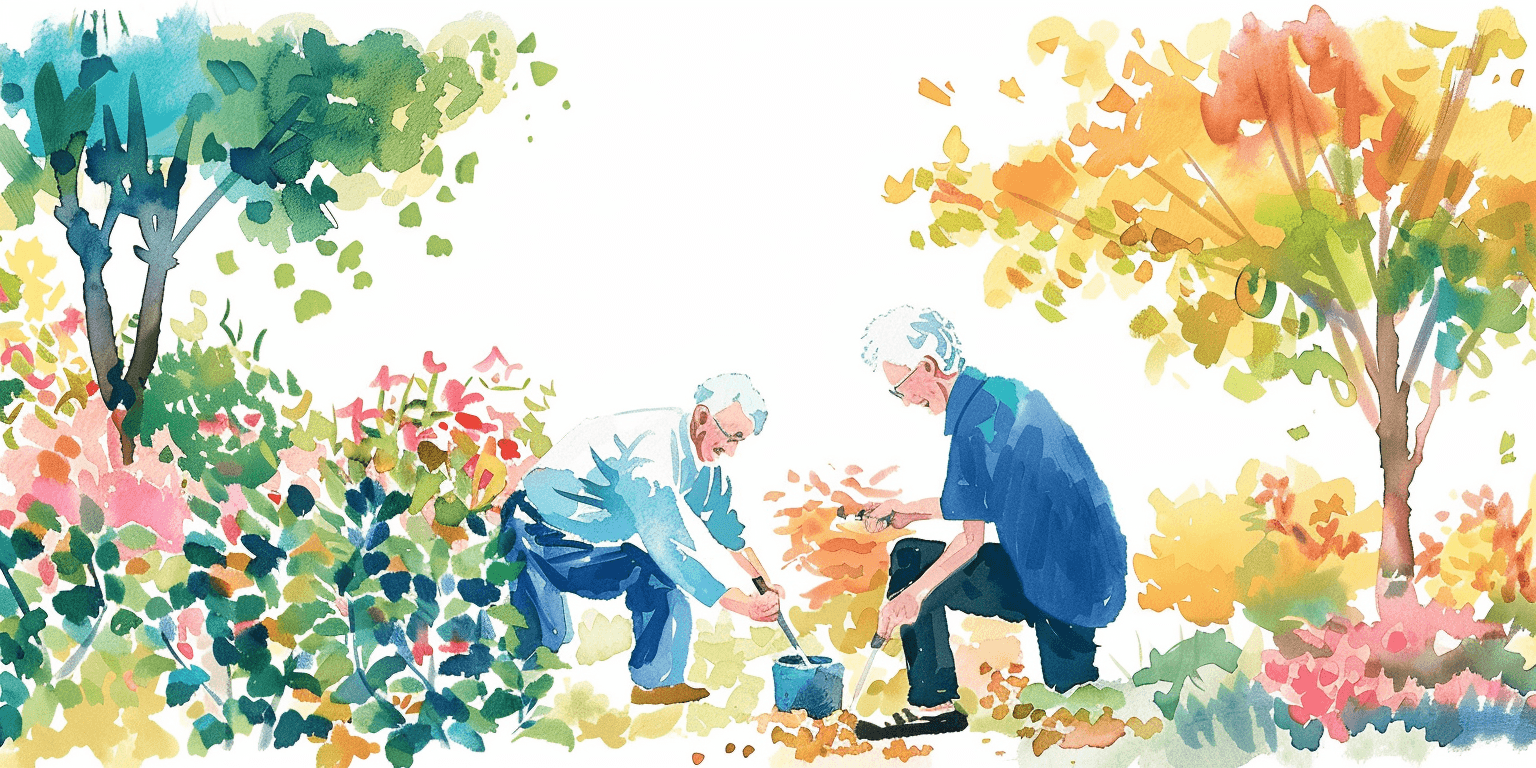


Gardening is more than just a pastime; it’s a powerful way to nurture both body and mind, foster community, and create a sense of purpose. For those aging in place, gardening can be an essential part of daily life, supporting independence and well-being in ways that are as natural as the soil beneath our feet.
Let’s dig into the many ways gardening can enrich the lives of seniors…
Physical Health Benefits of Gardening for Seniors
1. Gentle, Functional Exercise
Gardening is a form of light to moderate exercise that incorporates stretching, bending, lifting, and walking. These movements help seniors maintain mobility, flexibility, and muscle strength without the intensity of traditional workouts.
Tasks like digging, planting, and raking can improve cardiovascular health, enhance balance, and support weight management. Regular activity in the garden helps keep joints limber and can be adapted for all ability levels, making it inclusive for those with mobility challenges.
2. Improved Bone Health
Exposure to sunlight during gardening boosts vitamin D production, which is essential for calcium absorption and bone strength. As we age, maintaining bone density becomes increasingly important to prevent fractures and osteoporosis. Gardening, with its combination of weight-bearing movements and sunlight exposure, supports bone health in a natural, enjoyable way.
3. Enhanced Fine Motor Skills and Coordination
Handling seeds, pruning, and using gardening tools require fine motor control and hand-eye coordination. These activities help seniors maintain dexterity and functional independence in daily tasks. For those recovering from illness or injury, gardening can be a valuable component of occupational therapy, supporting rehabilitation and confidence.
4. Heart Health and Blood Pressure
Physical activity in the garden, even at a gentle pace, stimulates the heart and circulatory system. Studies have shown that gardening can help lower blood pressure, improve heart health, and support overall cardiovascular function.
5. Access to Fresh, Nutritious Food
Growing fruits, vegetables, and herbs can help provide seniors with easy access to fresh, nutrient-rich produce. This not only supports a balanced diet but also encourages healthy eating habits and food security, particularly important for those on fixed incomes or with limited mobility.
Mental and Emotional Health Benefits
1. Stress Reduction and Mindfulness
The garden is a sanctuary—its sights, sounds, and scents create a calming environment that soothes the mind. Gardening is a mindful activity, encouraging seniors to focus on the present moment and let go of worries. Research shows that time spent in nature can lower stress hormones, reduce anxiety, and improve sleep quality. For those living with chronic pain or illness, this natural stress relief is invaluable.
2. Combating Depression and Boosting Mood
Regular exposure to green spaces has been linked to lower rates of depression and anxiety in older adults. Gardening offers a sense of accomplishment and purpose—watching plants grow and thrive can boost self-esteem and provide daily joy. The act of nurturing life, even on a small scale, fosters hope and positivity and can help combat loneliness and depression in seniors.
3. Cognitive Stimulation and Memory Support
Gardening is a mentally engaging activity. Planning a garden, learning about plant care, and problem-solving when challenges arise all stimulate the brain. For seniors with cognitive impairment or early dementia, horticultural therapy has been shown to improve mood, reduce agitation, and support cognitive function. The combination of sensory stimulation and routine can be especially grounding and beneficial.
4. Social Connection and Community Engagement
Gardening can be a solitary or social pursuit. Community gardens, gardening clubs, and shared spaces offer opportunities for seniors to connect with others, reducing feelings of isolation and loneliness. Sharing gardening tips, produce, or simply enjoying the beauty of a communal space fosters a sense of belonging and mutual support.
5. Sense of Purpose and Achievement
As occupational therapists, we know that having a sense of purpose is vital for well-being. Gardening provides tangible results—flowers bloom, vegetables ripen, and landscapes transform. This process gives seniors a reason to get up, move, and engage with the world each day, reinforcing a positive self-image and sense of accomplishment.
Adapting Gardening for All Abilities
Gardening can be tailored to meet the needs of seniors with varying levels of mobility and health:
Raised beds and container gardens reduce the need to bend or kneel.
Ergonomic and lightweight tools minimize strain on joints and muscles.
Seated gardening allows those with limited mobility to participate comfortably.
Wheelchair-accessible paths and beds ensure inclusivity.
Adaptive techniques—such as vertical gardening or using automatic watering systems—can make gardening manageable for those with physical limitations.
Occupational therapists can help assess and modify gardening environments to maximize safety and enjoyment, ensuring that every senior can experience the benefits.
Gardening and Aging in Place
One of the greatest joys of aging in place is the ability to maintain routines and hobbies that bring comfort and meaning. Gardening is a perfect example. Seniors who remain in familiar environments can continue to garden, walk, and participate in community events, all of which support both mental and physical health.
At Clara, we understand the importance of these routines. Our approach to in-home care is all about empowering seniors to live life on their terms, in the homes they love. Whether it’s gardening or another hobby that brings joy to your aging loved one's life, our caregivers are there to support their passions.
Gardening is more than just a pastime; it’s a powerful way to nurture both body and mind, foster community, and create a sense of purpose. For those aging in place, gardening can be an essential part of daily life, supporting independence and well-being in ways that are as natural as the soil beneath our feet.
Let’s dig into the many ways gardening can enrich the lives of seniors…
Physical Health Benefits of Gardening for Seniors
1. Gentle, Functional Exercise
Gardening is a form of light to moderate exercise that incorporates stretching, bending, lifting, and walking. These movements help seniors maintain mobility, flexibility, and muscle strength without the intensity of traditional workouts.
Tasks like digging, planting, and raking can improve cardiovascular health, enhance balance, and support weight management. Regular activity in the garden helps keep joints limber and can be adapted for all ability levels, making it inclusive for those with mobility challenges.
2. Improved Bone Health
Exposure to sunlight during gardening boosts vitamin D production, which is essential for calcium absorption and bone strength. As we age, maintaining bone density becomes increasingly important to prevent fractures and osteoporosis. Gardening, with its combination of weight-bearing movements and sunlight exposure, supports bone health in a natural, enjoyable way.
3. Enhanced Fine Motor Skills and Coordination
Handling seeds, pruning, and using gardening tools require fine motor control and hand-eye coordination. These activities help seniors maintain dexterity and functional independence in daily tasks. For those recovering from illness or injury, gardening can be a valuable component of occupational therapy, supporting rehabilitation and confidence.
4. Heart Health and Blood Pressure
Physical activity in the garden, even at a gentle pace, stimulates the heart and circulatory system. Studies have shown that gardening can help lower blood pressure, improve heart health, and support overall cardiovascular function.
5. Access to Fresh, Nutritious Food
Growing fruits, vegetables, and herbs can help provide seniors with easy access to fresh, nutrient-rich produce. This not only supports a balanced diet but also encourages healthy eating habits and food security, particularly important for those on fixed incomes or with limited mobility.
Mental and Emotional Health Benefits
1. Stress Reduction and Mindfulness
The garden is a sanctuary—its sights, sounds, and scents create a calming environment that soothes the mind. Gardening is a mindful activity, encouraging seniors to focus on the present moment and let go of worries. Research shows that time spent in nature can lower stress hormones, reduce anxiety, and improve sleep quality. For those living with chronic pain or illness, this natural stress relief is invaluable.
2. Combating Depression and Boosting Mood
Regular exposure to green spaces has been linked to lower rates of depression and anxiety in older adults. Gardening offers a sense of accomplishment and purpose—watching plants grow and thrive can boost self-esteem and provide daily joy. The act of nurturing life, even on a small scale, fosters hope and positivity and can help combat loneliness and depression in seniors.
3. Cognitive Stimulation and Memory Support
Gardening is a mentally engaging activity. Planning a garden, learning about plant care, and problem-solving when challenges arise all stimulate the brain. For seniors with cognitive impairment or early dementia, horticultural therapy has been shown to improve mood, reduce agitation, and support cognitive function. The combination of sensory stimulation and routine can be especially grounding and beneficial.
4. Social Connection and Community Engagement
Gardening can be a solitary or social pursuit. Community gardens, gardening clubs, and shared spaces offer opportunities for seniors to connect with others, reducing feelings of isolation and loneliness. Sharing gardening tips, produce, or simply enjoying the beauty of a communal space fosters a sense of belonging and mutual support.
5. Sense of Purpose and Achievement
As occupational therapists, we know that having a sense of purpose is vital for well-being. Gardening provides tangible results—flowers bloom, vegetables ripen, and landscapes transform. This process gives seniors a reason to get up, move, and engage with the world each day, reinforcing a positive self-image and sense of accomplishment.
Adapting Gardening for All Abilities
Gardening can be tailored to meet the needs of seniors with varying levels of mobility and health:
Raised beds and container gardens reduce the need to bend or kneel.
Ergonomic and lightweight tools minimize strain on joints and muscles.
Seated gardening allows those with limited mobility to participate comfortably.
Wheelchair-accessible paths and beds ensure inclusivity.
Adaptive techniques—such as vertical gardening or using automatic watering systems—can make gardening manageable for those with physical limitations.
Occupational therapists can help assess and modify gardening environments to maximize safety and enjoyment, ensuring that every senior can experience the benefits.
Gardening and Aging in Place
One of the greatest joys of aging in place is the ability to maintain routines and hobbies that bring comfort and meaning. Gardening is a perfect example. Seniors who remain in familiar environments can continue to garden, walk, and participate in community events, all of which support both mental and physical health.
At Clara, we understand the importance of these routines. Our approach to in-home care is all about empowering seniors to live life on their terms, in the homes they love. Whether it’s gardening or another hobby that brings joy to your aging loved one's life, our caregivers are there to support their passions.
Gardening is more than just a pastime; it’s a powerful way to nurture both body and mind, foster community, and create a sense of purpose. For those aging in place, gardening can be an essential part of daily life, supporting independence and well-being in ways that are as natural as the soil beneath our feet.
Let’s dig into the many ways gardening can enrich the lives of seniors…
Physical Health Benefits of Gardening for Seniors
1. Gentle, Functional Exercise
Gardening is a form of light to moderate exercise that incorporates stretching, bending, lifting, and walking. These movements help seniors maintain mobility, flexibility, and muscle strength without the intensity of traditional workouts.
Tasks like digging, planting, and raking can improve cardiovascular health, enhance balance, and support weight management. Regular activity in the garden helps keep joints limber and can be adapted for all ability levels, making it inclusive for those with mobility challenges.
2. Improved Bone Health
Exposure to sunlight during gardening boosts vitamin D production, which is essential for calcium absorption and bone strength. As we age, maintaining bone density becomes increasingly important to prevent fractures and osteoporosis. Gardening, with its combination of weight-bearing movements and sunlight exposure, supports bone health in a natural, enjoyable way.
3. Enhanced Fine Motor Skills and Coordination
Handling seeds, pruning, and using gardening tools require fine motor control and hand-eye coordination. These activities help seniors maintain dexterity and functional independence in daily tasks. For those recovering from illness or injury, gardening can be a valuable component of occupational therapy, supporting rehabilitation and confidence.
4. Heart Health and Blood Pressure
Physical activity in the garden, even at a gentle pace, stimulates the heart and circulatory system. Studies have shown that gardening can help lower blood pressure, improve heart health, and support overall cardiovascular function.
5. Access to Fresh, Nutritious Food
Growing fruits, vegetables, and herbs can help provide seniors with easy access to fresh, nutrient-rich produce. This not only supports a balanced diet but also encourages healthy eating habits and food security, particularly important for those on fixed incomes or with limited mobility.
Mental and Emotional Health Benefits
1. Stress Reduction and Mindfulness
The garden is a sanctuary—its sights, sounds, and scents create a calming environment that soothes the mind. Gardening is a mindful activity, encouraging seniors to focus on the present moment and let go of worries. Research shows that time spent in nature can lower stress hormones, reduce anxiety, and improve sleep quality. For those living with chronic pain or illness, this natural stress relief is invaluable.
2. Combating Depression and Boosting Mood
Regular exposure to green spaces has been linked to lower rates of depression and anxiety in older adults. Gardening offers a sense of accomplishment and purpose—watching plants grow and thrive can boost self-esteem and provide daily joy. The act of nurturing life, even on a small scale, fosters hope and positivity and can help combat loneliness and depression in seniors.
3. Cognitive Stimulation and Memory Support
Gardening is a mentally engaging activity. Planning a garden, learning about plant care, and problem-solving when challenges arise all stimulate the brain. For seniors with cognitive impairment or early dementia, horticultural therapy has been shown to improve mood, reduce agitation, and support cognitive function. The combination of sensory stimulation and routine can be especially grounding and beneficial.
4. Social Connection and Community Engagement
Gardening can be a solitary or social pursuit. Community gardens, gardening clubs, and shared spaces offer opportunities for seniors to connect with others, reducing feelings of isolation and loneliness. Sharing gardening tips, produce, or simply enjoying the beauty of a communal space fosters a sense of belonging and mutual support.
5. Sense of Purpose and Achievement
As occupational therapists, we know that having a sense of purpose is vital for well-being. Gardening provides tangible results—flowers bloom, vegetables ripen, and landscapes transform. This process gives seniors a reason to get up, move, and engage with the world each day, reinforcing a positive self-image and sense of accomplishment.
Adapting Gardening for All Abilities
Gardening can be tailored to meet the needs of seniors with varying levels of mobility and health:
Raised beds and container gardens reduce the need to bend or kneel.
Ergonomic and lightweight tools minimize strain on joints and muscles.
Seated gardening allows those with limited mobility to participate comfortably.
Wheelchair-accessible paths and beds ensure inclusivity.
Adaptive techniques—such as vertical gardening or using automatic watering systems—can make gardening manageable for those with physical limitations.
Occupational therapists can help assess and modify gardening environments to maximize safety and enjoyment, ensuring that every senior can experience the benefits.
Gardening and Aging in Place
One of the greatest joys of aging in place is the ability to maintain routines and hobbies that bring comfort and meaning. Gardening is a perfect example. Seniors who remain in familiar environments can continue to garden, walk, and participate in community events, all of which support both mental and physical health.
At Clara, we understand the importance of these routines. Our approach to in-home care is all about empowering seniors to live life on their terms, in the homes they love. Whether it’s gardening or another hobby that brings joy to your aging loved one's life, our caregivers are there to support their passions.
More about senior health
More about senior health


10 Signs Your Elderly Parent Needs Help



Ian Gillis
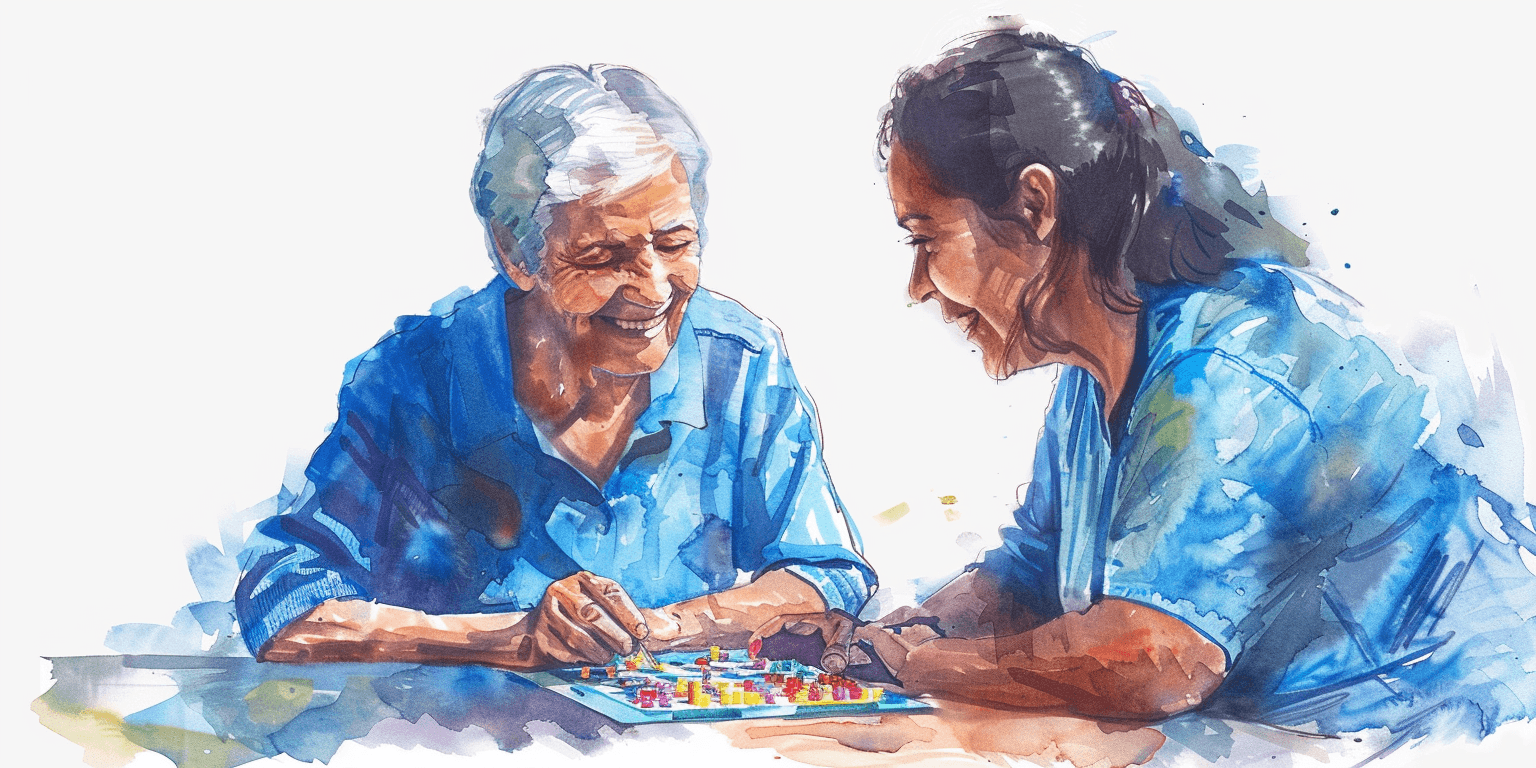

Stay Sharp, Stay Happy: Fun ways to keep our mind active as we age!



Neelam Dabholkar, MBA
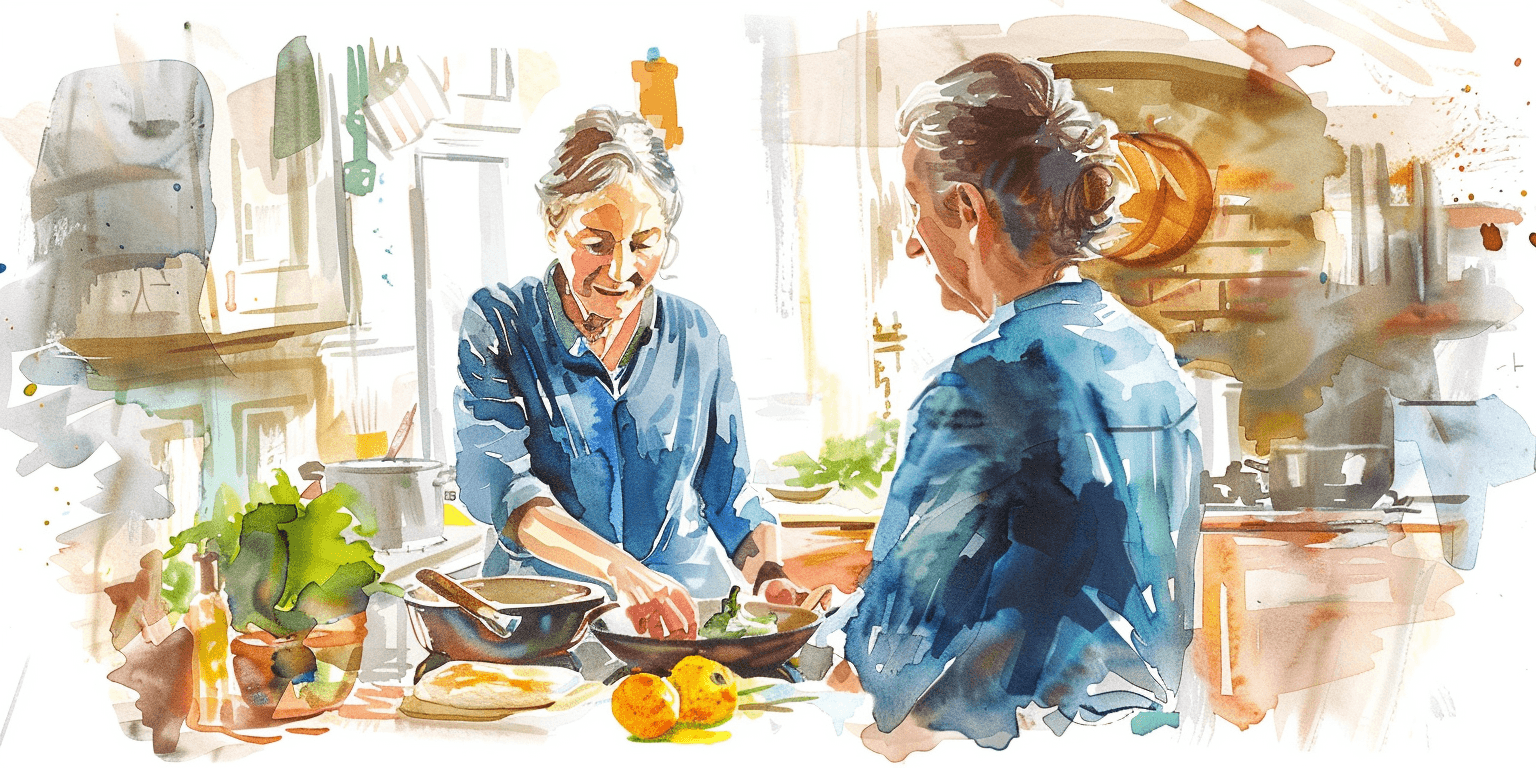

Nutrition Tips for Seniors at Home



Jon Levinson
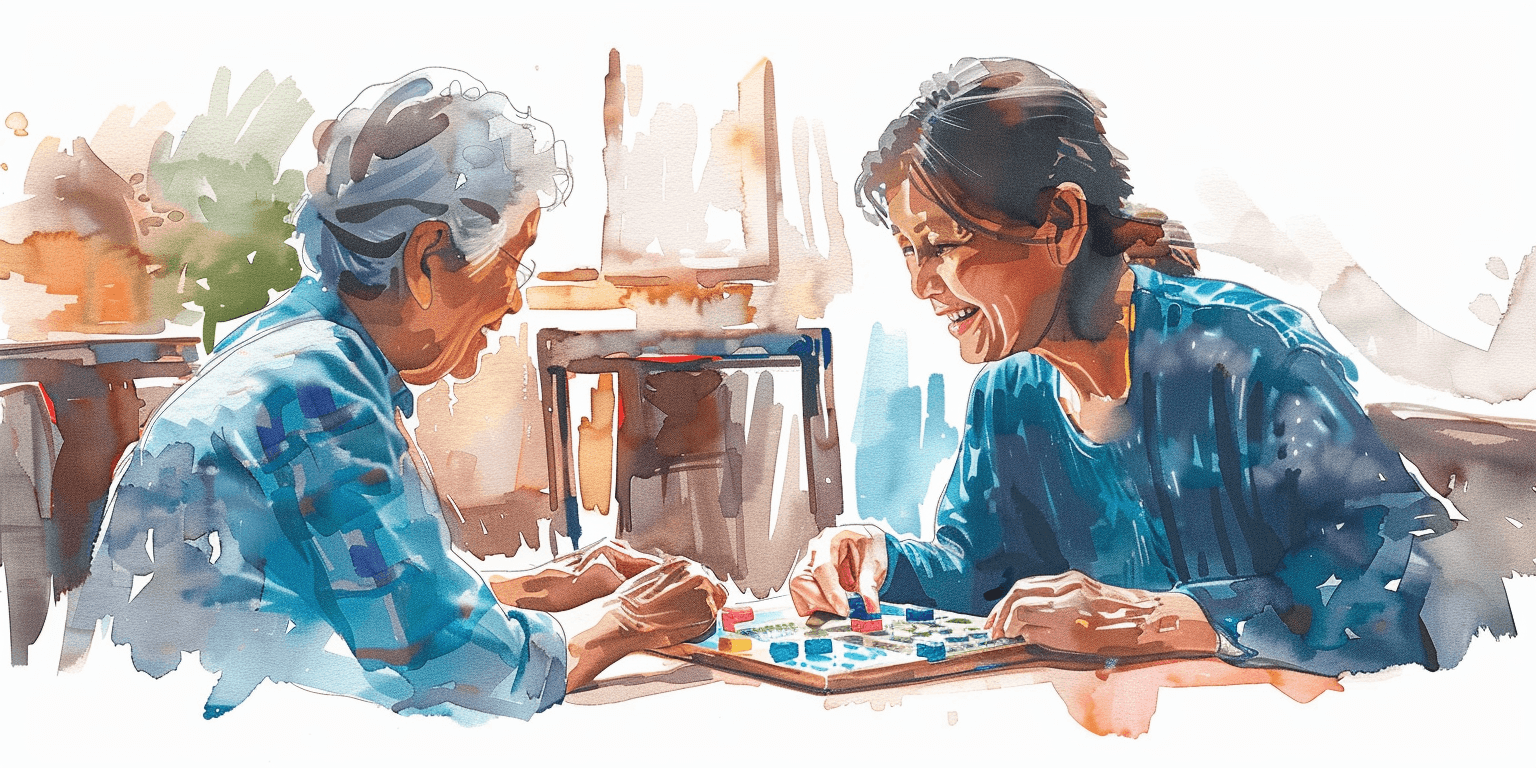

How In-Home Senior Care Supports Independence



Lowrie Hilladakis
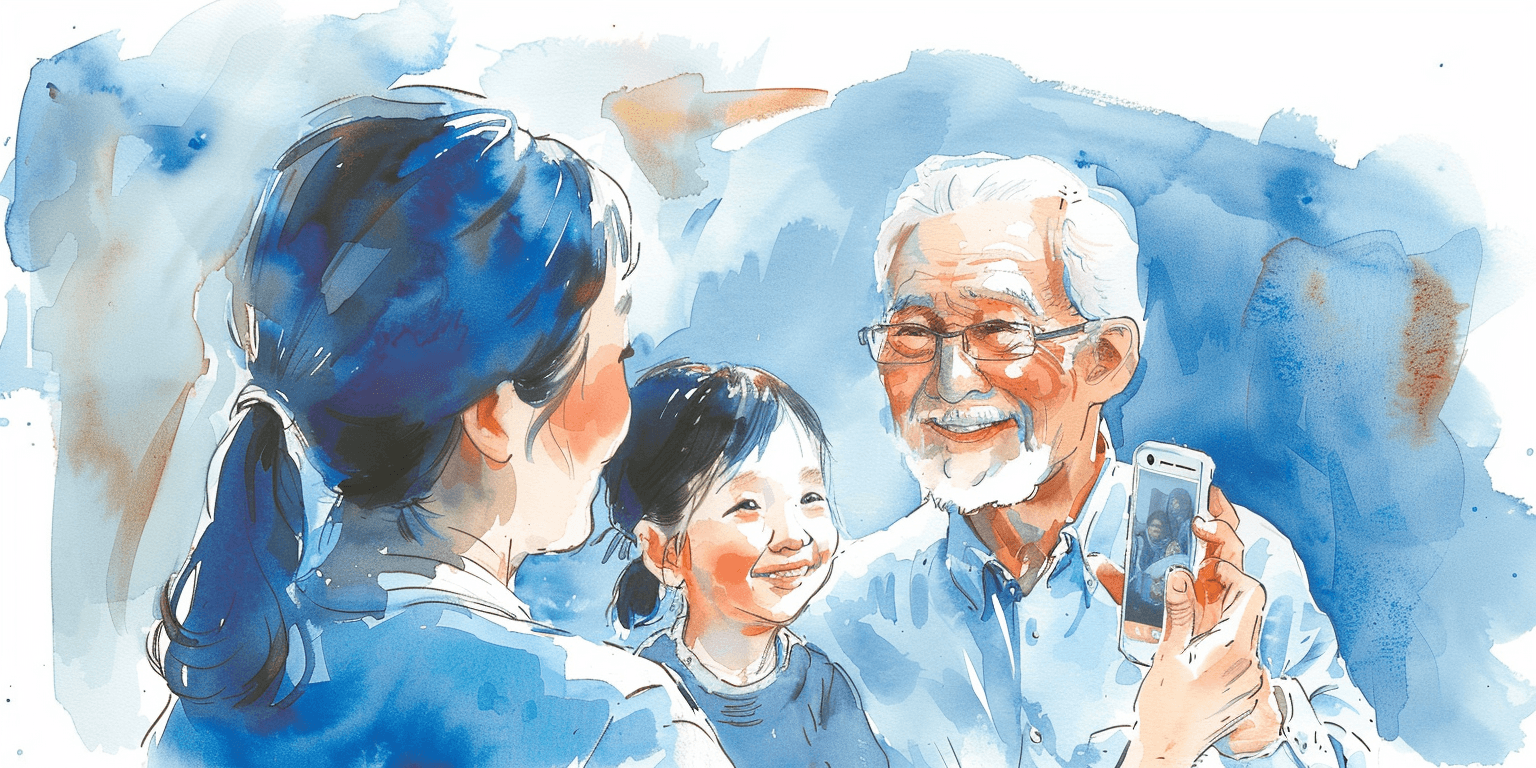

Building a Support Network: How Families Can Strengthen Connections for Seniors



Vanessa Bustos
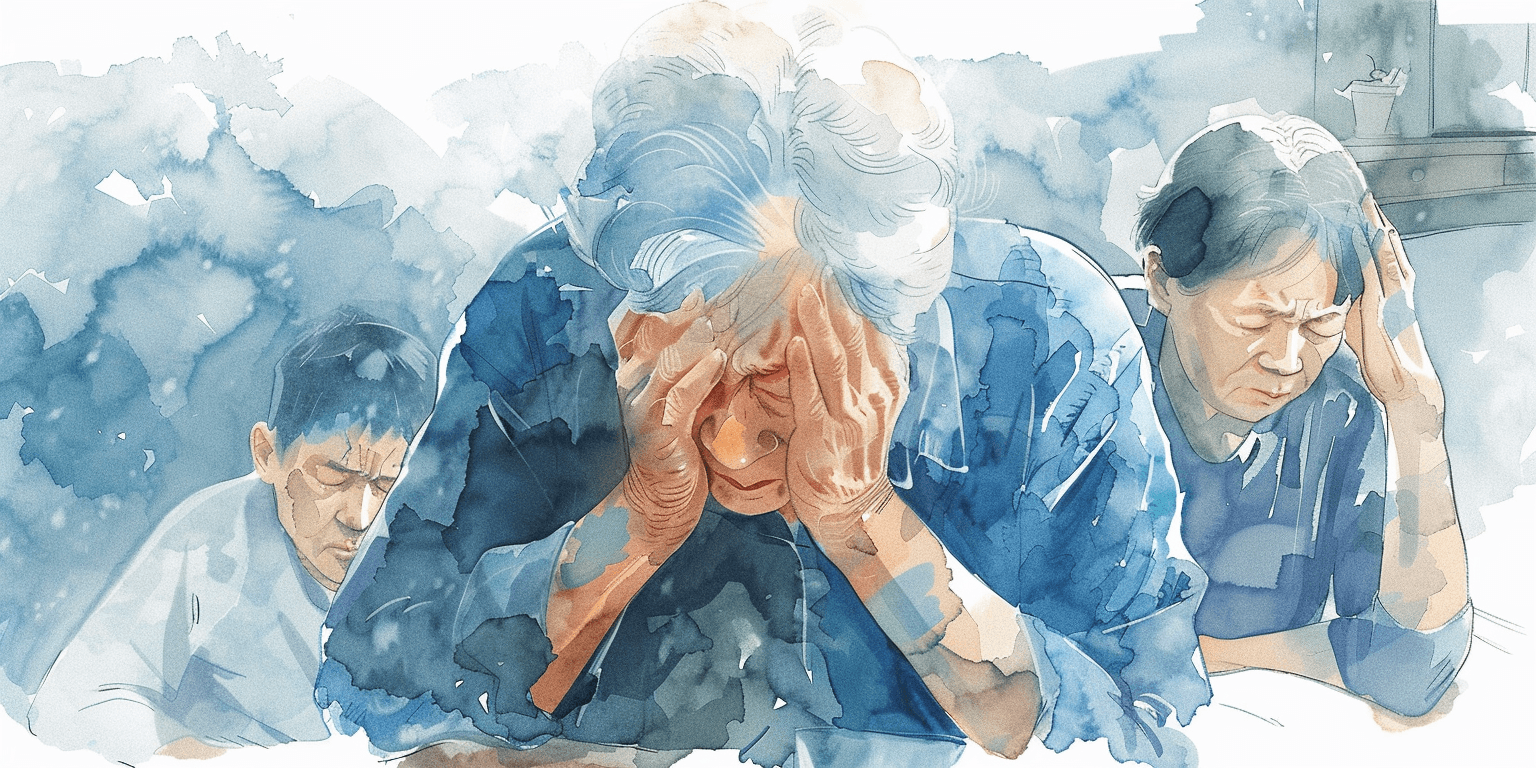

Preparing for Emergencies: Building a Watertight Senior Care Plan



Ian Gillis
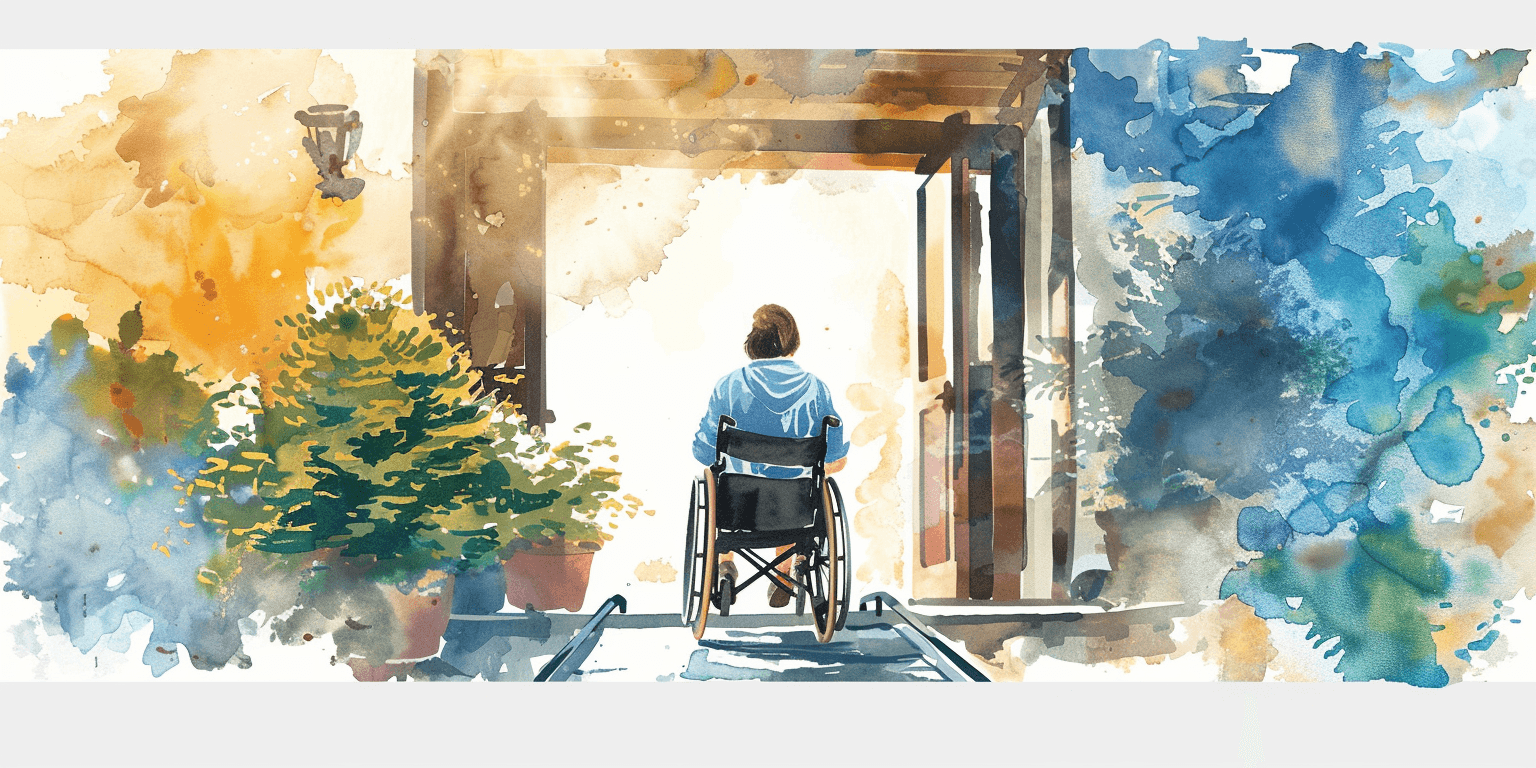

Adapting to Aging: Home Modifications That Make a Difference



Quynh Thi Pham, OTS


The Importance of Physical Therapy in Post-Acute Care



Renée Markels


Aging Policy Landscape: What We Learned



Lowrie Hilladakis


Home Safety Ideas for Seniors



Vanessa Bustos
GEt started for free
Better care starts with Clara.
Find, hire, and pay top-notch caregivers without the headache for a price that fits your budget.

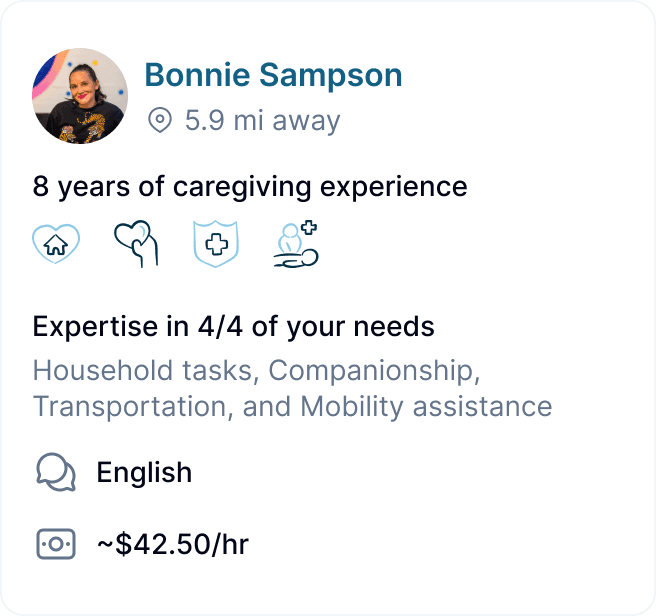
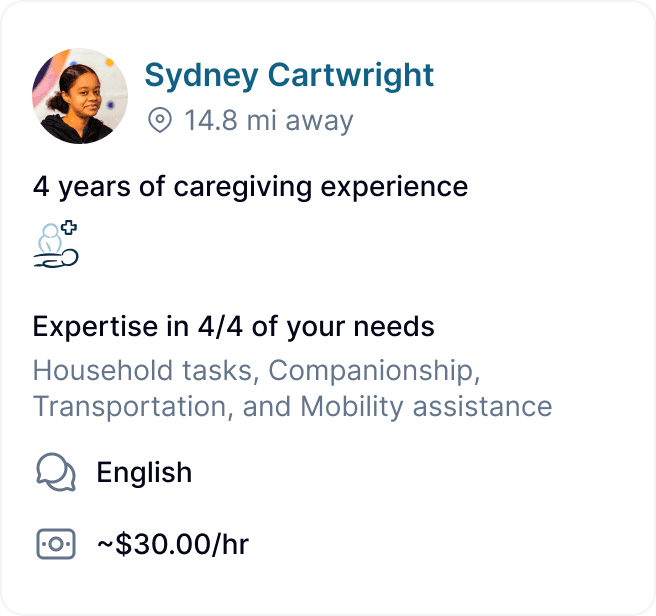
GEt started for free
Better care starts with Clara.
Find, hire, and pay top-notch caregivers without the headache for a price that fits your budget.



GEt started for free
Better care starts with Clara.
Find, hire, and pay top-notch caregivers without the headache for a price that fits your budget.

